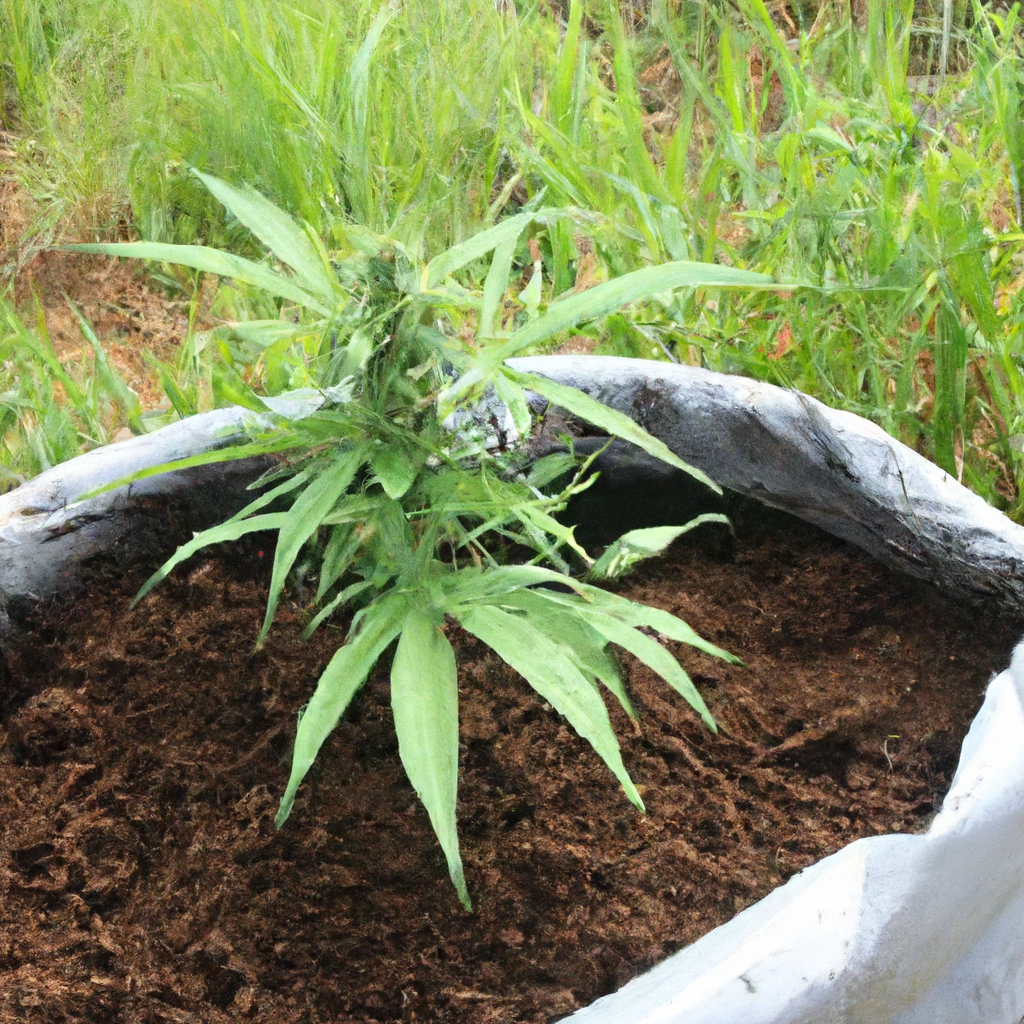Your cart is currently empty!
As the demand for cannabis grows, so does the desire for more sustainable and environmentally friendly cultivation methods. Organic cannabis cultivation offers a viable solution, utilizing natural fertilizers and pest control techniques to promote sustainability and healthier plants. This guide explores the best practices for organic cannabis cultivation, focusing on building healthy soil ecosystems and strengthening pest defenses naturally.
Building Healthy Soil Ecosystems
The foundation of successful organic cannabis cultivation starts with the soil. Healthy soil is teeming with beneficial microbes and nutrients that support plant growth. Here are steps to build a thriving soil ecosystem:
- Composting: Homemade compost can enrich soil with essential nutrients. Use organic kitchen scraps, leaves, and grass clippings to create nutrient-rich compost.
- Cover Crops: Planting cover crops like clover or vetch restores soil fertility and structure, fostering beneficial microbial activity.
- Mulching: Organic mulch regulates soil moisture and temperature, preventing erosion and adding organic matter to the soil as it breaks down.
Natural Fertilizers for Stronger Growth
Instead of synthetic chemicals, organic growers use natural fertilizers to provide essential nutrients. Some effective options include:
- Fish Emulsion: Rich in nitrogen, it boosts plant growth and supports healthy foliage.
- Bone Meal: A great source of phosphorus, essential for flower production.
- Kelp Meal: Supplies potassium and trace minerals, enhancing plant resilience.
Organic Pest Control Methods
Keeping pests at bay is critical in organic cannabis cultivation, where synthetic pesticides are avoided. Implement these natural pest control strategies:
- Beneficial Insects: Ladybugs and predatory mites are natural foes of common pests like aphids and spider mites.
- Neem Oil: Derived from neem trees, this oil disrupts pest life cycles without harming beneficial insects.
- Companion Planting: Planting aromatic herbs like basil or marigold can repel harmful insects naturally.
Promoting Sustainability in Cannabis Cultivation
Organic methods not only produce healthier cannabis but also contribute to a greener environment. Implementing sustainable practices such as crop rotation and water conservation reduces environmental impact and enhances soil health over time.
Conclusion
Organic cannabis cultivation promotes a harmonious balance with nature, yielding high-quality plants with fewer environmental repercussions. By embracing natural fertilizers, enhancing soil ecosystems, and employing organic pest control strategies, cultivators can achieve remarkable sustainability and health benefits. Remember, every plant starts with the soil—nurture it wisely to reap even greater rewards.
Organic cannabis presents a sustainable future for both the environment and consumers, offering a cleaner, greener alternative in cannabis cultivation.
Key Takeaway: Embrace organic techniques for cultivating cannabis to support ecological health and produce superior quality crops.
Tags: OrganicGrowing, NaturalFertilizers, Compost, Pest Control, SustainablePractices
Discover more from Magic Clones
Subscribe to get the latest posts sent to your email.


Leave a Reply